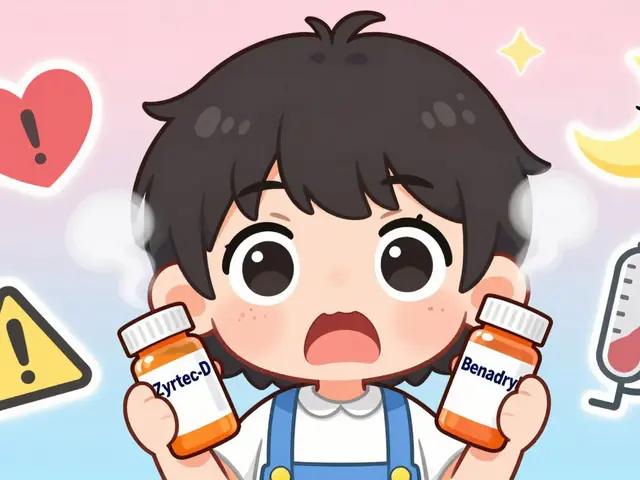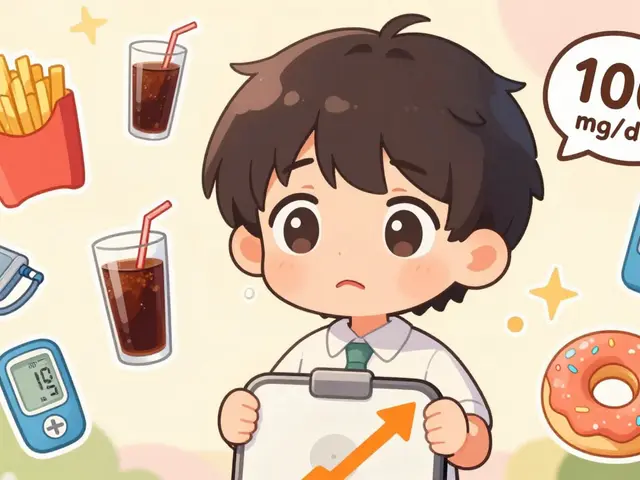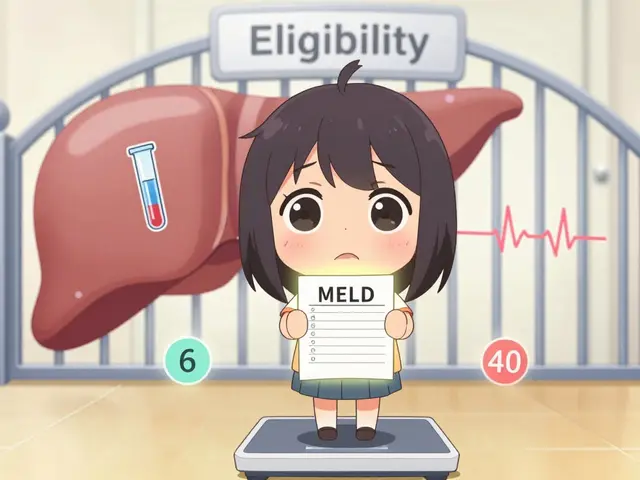hERG Channel: What It Is and Why It Matters for Drug Safety
When you take a medication, your body doesn’t just check if it works—it also checks if it’s safe for your heart. That’s where the hERG channel, a potassium ion channel in heart cells that helps regulate heartbeat rhythm. Also known as Kv11.1 channel, it’s one of the most closely watched targets in drug development. If a drug accidentally blocks this channel, it can slow down the heart’s electrical reset, leading to a dangerous rhythm called QT prolongation, a delay in the heart’s electrical recovery phase that increases risk of sudden cardiac arrest. This isn’t theoretical—it’s why drugs like terfenadine and cisapride were pulled from the market in the 1990s.
Drug companies test nearly every new compound for hERG blocking before it even reaches humans. Why? Because even small effects can be deadly in people with existing heart conditions, older adults, or those taking multiple meds. The cardiac toxicity, the potential of a drug to harm heart function through unintended biological interactions. isn’t always obvious from side effect lists. You won’t see "hERG block" on a pill bottle—but you might see "may cause irregular heartbeat" or "use with caution if you have heart disease." That’s the red flag. It’s also why some brand drugs carry "Do Not Substitute" warnings: generics might have slightly different chemical profiles that affect hERG binding, even if they work the same for the main condition.
The posts below dig into real-world cases where drug safety hinges on hidden interactions—like how acid-reducing meds mess with absorption, why pediatric doses need precision, and how storage conditions can turn a safe drug into a risky one. You’ll find guides on medication comparisons, off-label uses, and how to spot when a drug might be doing more than it should. Whether you’re a patient, caregiver, or just someone trying to understand why your doctor asked about your heart history before prescribing, this collection gives you the facts behind the warnings. The hERG channel might be invisible, but its impact isn’t. And knowing about it could save your life.
QT Prolongation: Medications That Raise Arrhythmia Risk

QT prolongation is a hidden heart rhythm danger caused by over 200 medications, including common antibiotics, antidepressants, and antipsychotics. Learn which drugs raise arrhythmia risk and how to prevent life-threatening complications.
read more



